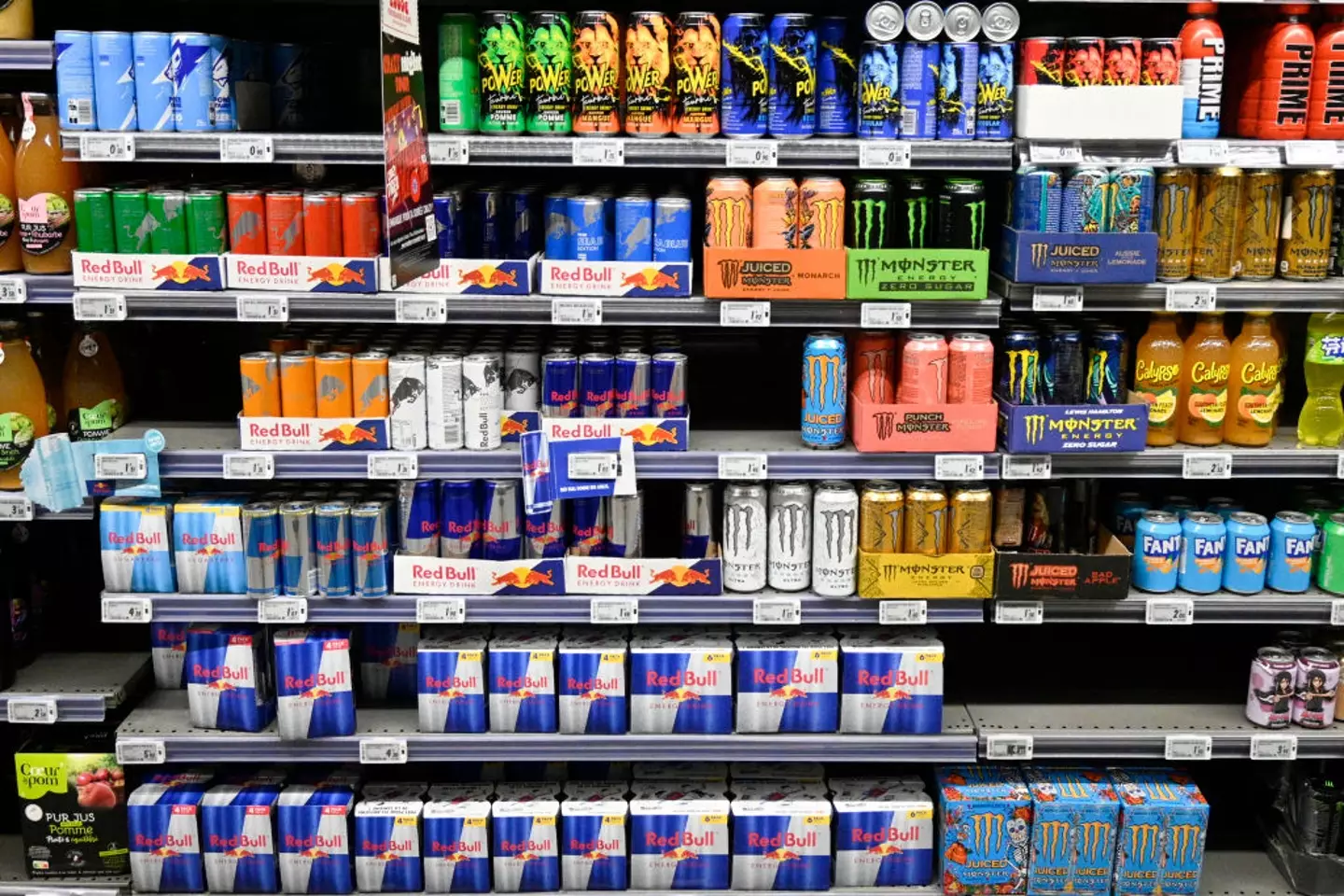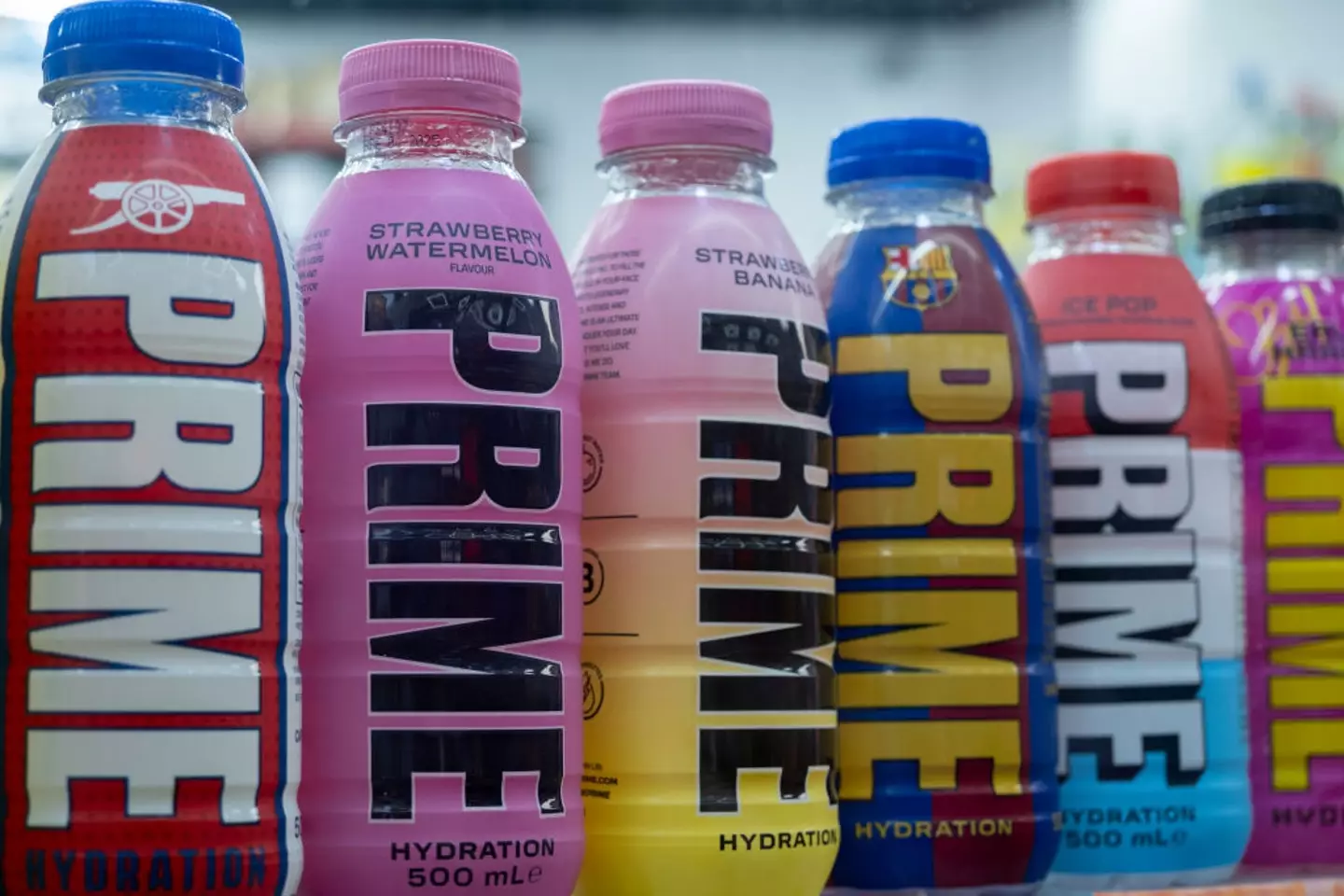
Energy drinks have wormed their way into many people’s diets, with that massive kick of energy and concentration becoming a staple in many people’s day to day.
Particularly popular among students, younger workers, and people who are on their feet all day for work, they’re popular for the simple fact that they get the job done. Some of them taste pretty good, too.
But anyone who’s had an acid reflux burp off the back of a swig of Red Bull will know that they can have some unpleasant side effects, and over the long term they might not be a very healthy choice.

Advert
For lack of a better phrase, most of them are absolutely banged-out with caffeine. Some have as much as 160-220mg of caffeine per 500ml, compared with an average coffee containing 80mg and a can of Coke packing 30mg.
Putting the other ingredients to one side, it’s interesting to see how these massive wallops of caffeine impact the body both in the immediate term and over a couple of weeks.
An infographic from Cincinnati Children’s Hospital has broken things down, likely in a bid to educate youngsters around the dangers of cracking open a can of fizzy go-go juice.
0-10 minutes
As your body absorbs the caffeine you’ll see an increase in your heart rate and blood pressure.
15-45 minutes
At this stage, the caffeine level in your blood will peak and your sense of alertness and ability to concentrate will shoot up. This is basically the golden window where you’re getting the benefits of drinking an energy drink.
30-50 minutes
With the caffeine fully-absorbed, your liver will respond by releasing more sugar into your bloodstream.
You may get a sugar high off the back of this alongside the caffeine boost, although naturally this will also result in a sugar crash once your blood-sugar levels drop.
60 minutes
Along with dropping sugar levels, after an hour your caffeine content will start to dwindle too. You’ll likely feel tired and distracted, and may be tempted to reach for another can.
5-6 hours
By this stage, the caffeine in your system will have halved, although the pace at which this happens can depend on your age and other dietary considerations.
12 hours
By the time 12 hours have ticked by, your body should have cleared the caffeine from your system, although this can take longer depending on your own particular make-up.
12-24 hours
For regular caffeine drinkers, this is the part where you might get some withdrawals like headaches, irritability, constipation, and drowsiness.
7-12 days
Over seven days to almost two weeks, your body should become tolerant to your regular caffeine dosage if you’re imbibing it every day. This may mean you feel you need more caffeine in order to get the previous ‘high’.

Caffeine isn’t necessarily bad for you in and of itself, especially in moderate doses. The problem with energy drinks is that they exclusively deal in high doses, increasing the risk of negative effects.
“Studies have found caffeine can do both good and harm,” says the American Heart Association. “People who regularly drink coffee may be less likely to develop chronic illnesses, such as cardiovascular disease, diabetes, Parkinson's disease and some cancers. A few studies suggest they are less likely to die from heart disease and other illnesses.”
It adds: “But high doses can make people feel anxious, raise blood pressure and lead to heart palpitations and trouble sleeping.
“For people who consume caffeine regularly, stopping consumption abruptly can lead to symptoms of withdrawal, such as headaches, fatigue and depressed mood.”
As a general rule of thumb, it’s a good idea to stop drinking caffeine at midday to minimise the chances of it impacting your sleep.
Topics: Health
